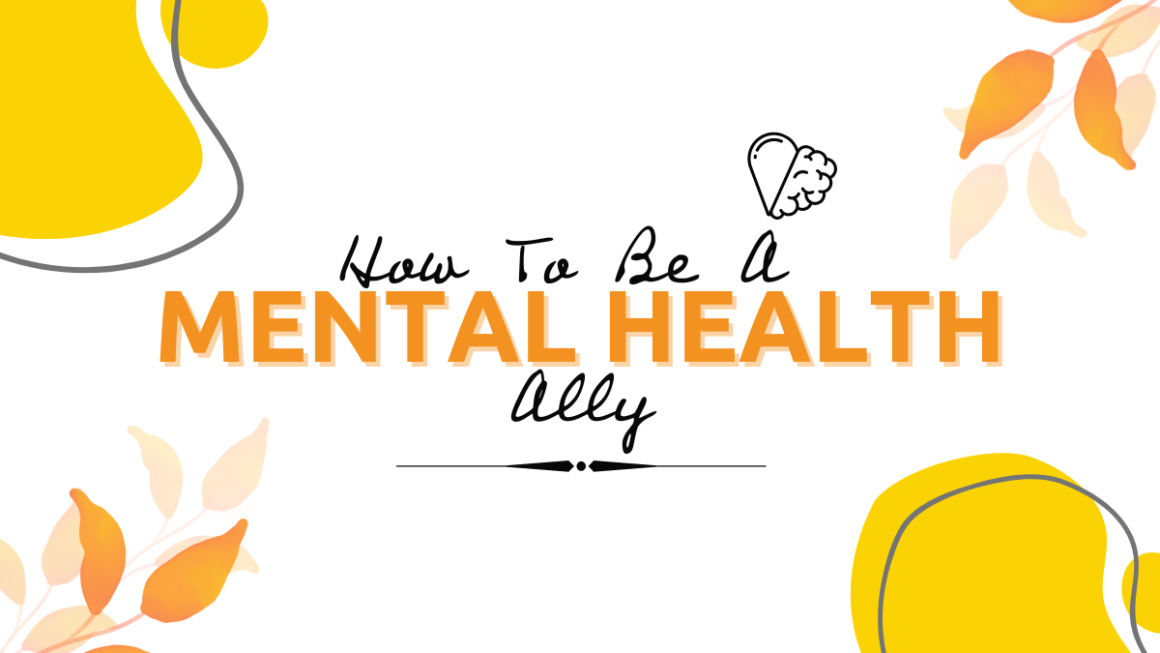Every individual, at some point in their life, faces a mental health challenge. The World Health Organisation (WHO) reports that 1 in every 8 people, or 970 million people around the world, live with a mental health condition. At the height of the Covid-19 pandemic in 2020, the number of people living with anxiety and depressive conditions rose significantly by 26% and 28% respectively.
The stigma around mental health may prevent people from being vocal about the problems they face. Even today, pre-conceived notions and misperceptions exist. We have to break the bias. We can help ourselves, our friends, families and colleagues grappling with mental health issues to thrive by being allies and creating supportive and non-judgemental environments for each other.
To be a mental health ally, Human Race has the following tips for you:
1) Take care of yourself: As much as we want to be there for our loved ones, it’s imperative to know that it becomes increasingly difficult to be a mental health advocate if you’re suffering yourself. Be sure to take care of yourself and manage your mood by focusing on your mental health. Eating a balanced diet, going for walks, swimming, singing – engage yourself in the activities that make you feel at peace and add value to your otherwise busy day. This ensures feeling less overwhelmed by the stresses of daily life.
2) Listen with empathy: Sometimes, just listening to someone and being a friend can make all the difference. Lending an ear without judgement and with intent, can help uncover clues about their mental health. It’s also of utmost importance to pay attention to nonverbal communication while they speak.
3) Turn to professionals for help: Talk therapy can treat some mental illnesses like anxiety and depression. If you notice someone exhibiting signs of a mental illness, you can gently suggest seeking professional help to them.
4) Ask how you can help: While some people look for solutions, some just want to be heard. Asking your loved ones gently what you can do to help ensures a safe and comfortable environment. A simple question like “What can I do to help you?” or “Would you like to talk about it?” goes a long way!
5) Educate yourself: Reading up, researching online, talking to people, listening with an open mind – these are some ways you can educate yourself about mental health. The more you know, the better you advocate. Learn about the historical prejudice and stigma associated with mental health, and how difficult it makes for someone to open up or seek the help they require and can benefit from.
A huge part about being a mental health ally is championing the cause and normalising conversations around it. If you’re reading this blog to educate yourself, you’re already taking the first step!

